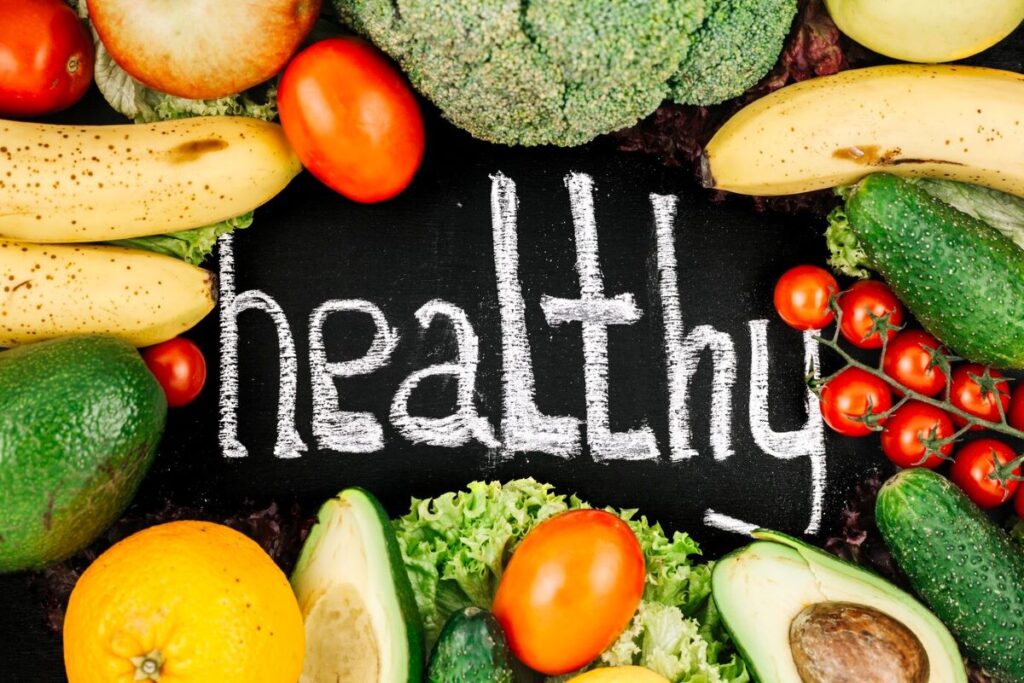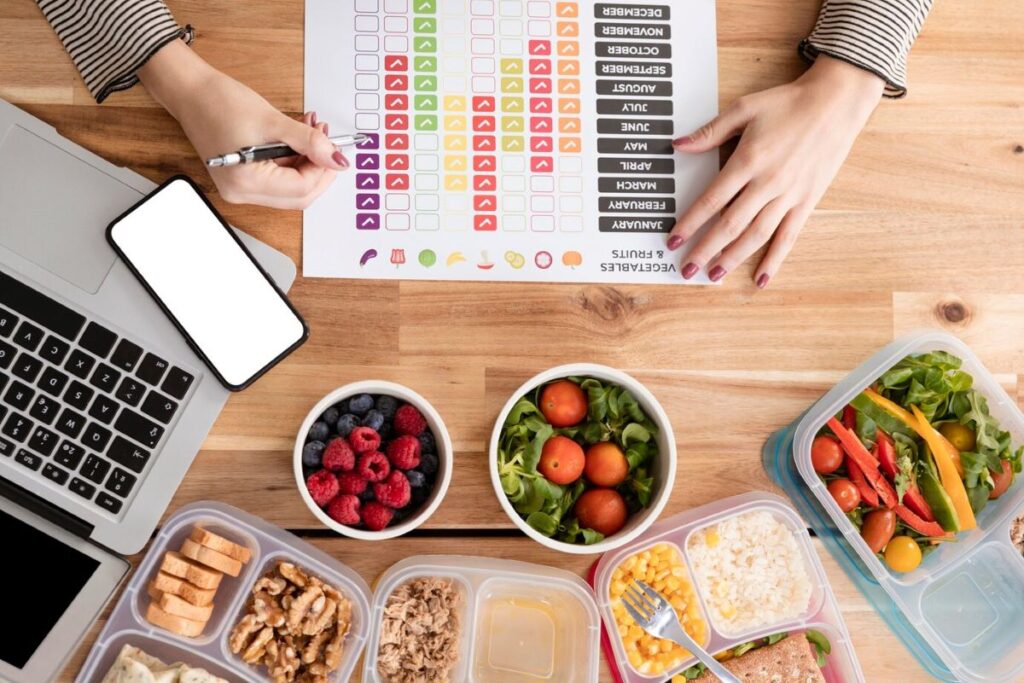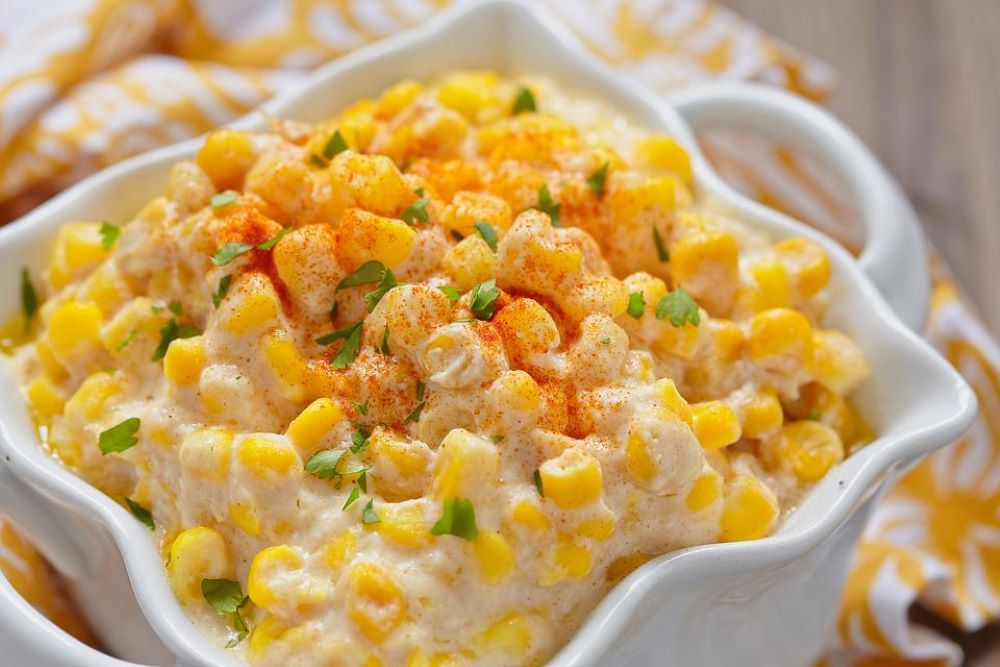Depression goes beyond merely being sad. It is a far more complex, mood-based problem that carries feelings of helplessness and despair, putting you at risk for lagging behind at work, school, play and life. A number of factors are at work in causing depression: the brain’s incompetence in regulating moods, a person’s genetic makeup, and their exposure to stress, trauma and medical problems. While each person’s propensity to feel depressed, and by how much, varies (also, the treatments of depression vary for different individuals), eating the right foods can help alleviate depression as part of an overall treatment plan. Here are some foods that can offset the arrival of depression by lessening the ability to feel stress or trauma.
Antioxidants
Touted as brain food, antioxidants fight off the impacts of harm-causing free radicals, which are molecules released as part of the normal bodily functions of breathing and digestion that are also responsible for diseases, aging, cell destruction and depression-inducing oxidative stress (however, they do have benign roles to play too such as supporting immune system function).
The following foods are rich in antioxidants:
- Foods with Beta-carotene:
Vegetables: broccoli, carrots, collards, spinach, and sweet potatoes.
Fruits: apricots, cantaloupes, and peaches.
- Foods with Vitamin C:
Vegetables: peppers, and potatoes.
Fruits: blueberries, grapefruits, kiwis, oranges, strawberries, and tomatoes.
- Foods with Vitamin E: vegetable oils, nuts and seeds, and wheat germ.
Healthy Carbs
Carbs are linked to increased production of serotonin, a mood-enhancing chemical in the brain. In fact, low levels of serotonin could result in cravings for carb-rich foods. It is important to opt for carbohydrates that are healthy. Processed foods with added sugar are the ones to avoid altogether or have in strict moderation. High amounts of sugar can hook you onto greater levels of sugar consumption, resulting in increased insulin production, which is linked to Type-2 diabetes, fat accumulation in the body and weight gain. Instead, it’s better to have fruits, vegetables, grains and legumes to incorporate healthy carbs in one’s diet.
Proteins
While not certain, an amino acid called tryptophan found in turkey, tuna and chicken may help produce serotonin. If one wishes to have better mental and bodily energy levels, meat-based proteins can be really helpful.Plant-based proteins such as those found in beans, peas, and soy products like tofu and tempeh are also extremely healthy nutritional sources.
Omega-3 Fatty Acids
Omega-3 fatty acids are categorized as good fats, which are considered essential for proper brain function. Hence, these are also imperative for countering depression. In fact, the right amounts of these fats are linked to a regulation of depression symptoms. Too much saturated and trans fats is not good for you, so replacing these with Omega-3 fatty acids is the way to go. Fish protein high in fats such as salmon, anchovies, sardines and herring are a wonderful source of good fats as are nuts, avocados and olive oil.
Arslan Ahmed | Staff Writer










